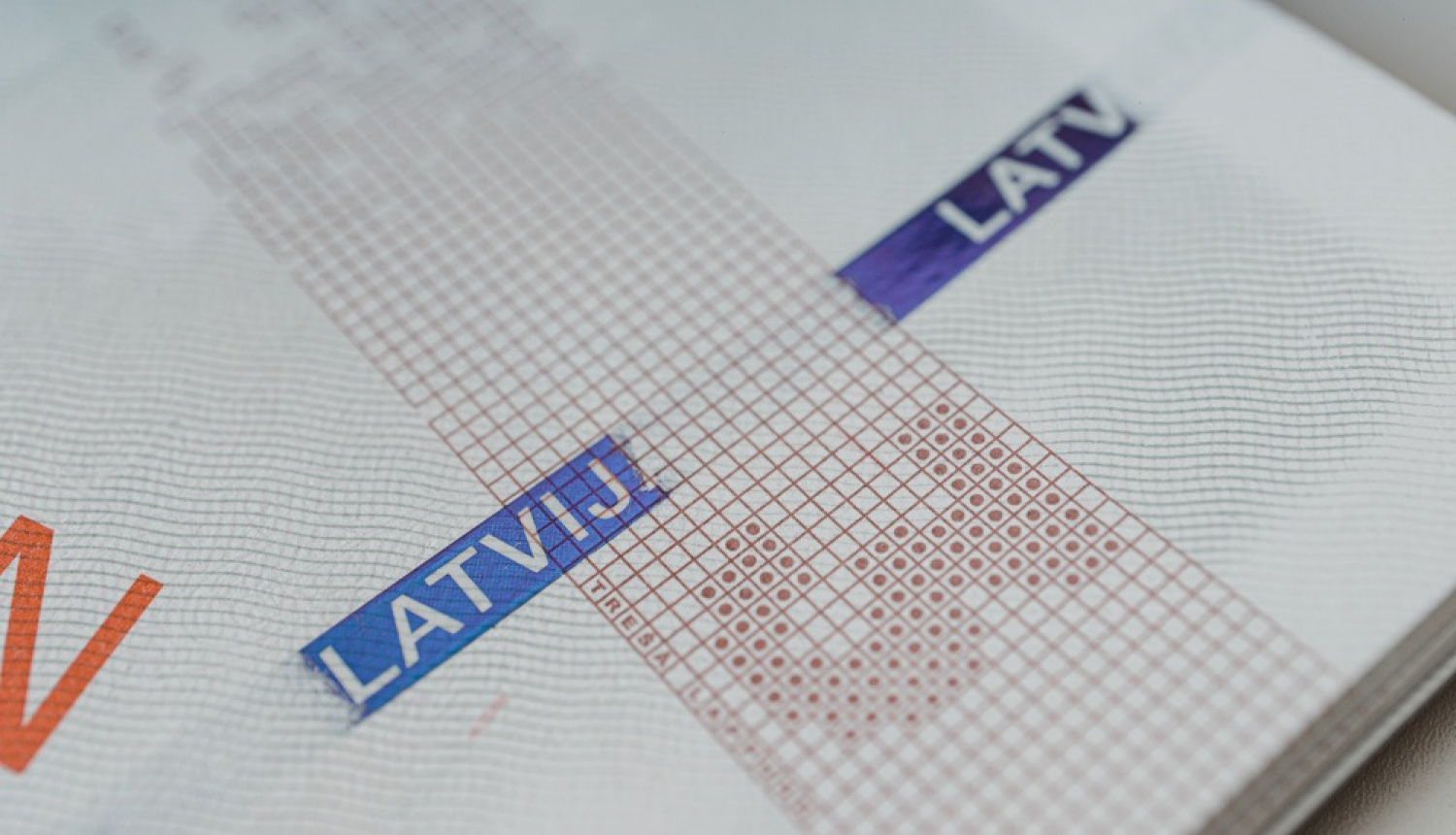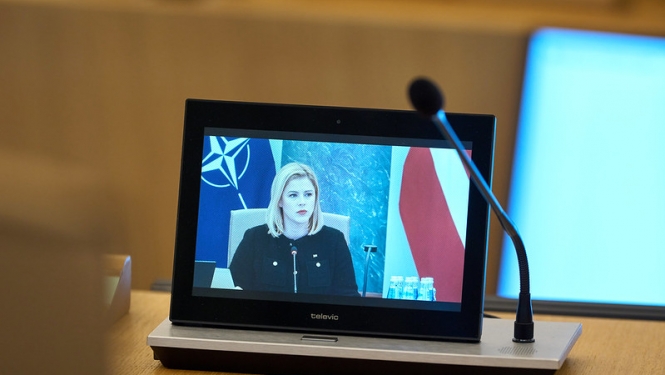On 6 February, the Cabinet of Ministers approved amendments to the Regulations* approving new model for passports of Latvian citizens, passports of Latvian non-citizens, as well as travel documents for stateless persons, refugees and persons granted an alternative status.
The Cabinet of Ministers also approved amendments to the Regulations**, which set the new State duty for the personal identification document – passport – at 34 euros. The new model for passports will be issued from 12 February this year for the new State duty.
The rules provide that the fee for issuing a passport under the fast-track procedure within two working days will be set at 60 euros instead of the current 55 euros. It also provides for the retention of the benefits for persons who are fully dependent on the State or local authorities, children up to the age of 20, pensioners, persons with disabilities of group I or II, as well as refugees and persons granted subsidiary status.
The new model for passports include innovative anti-counterfeiting solutions based on the requirements of the Council of Europe Regulation on security features and biometric standards in passports and travel documents issued by Member States. These solutions allow Latvia to maintain and ensure a high level of passport reliability and anti-counterfeiting, and thus a high position among the countries of the world whose passports are recognized as meeting a high security standard.
The new model for passports has also been expanded from 34 to 42 pages, with more space for visa endorsements and entries for the passport holder’s minor children.
A survey of the fees charged by other EU Member States for issuing a passport shows that Estonia has a fee of 45 euros for issuing a passport in the normal way, Lithuania – 50 euros, while the lowest fee for issuing a passport in the normal way among the European Union countries that responded to the survey initiated by the Office of Citizenship and Migration Affairs (the Office) is in Sweden – 34 euros.
The current passport models were launched by the Office in 2015. In order to ensure the protection of passports against forgery and to ensure their compliance with the new level of security requirements, the Office took measures to produce the new model for passports, including the purchase of passport blanks and technical equipment necessary for passport personalization.
* “Amendments to the Cabinet Regulation of 21 February 2012 No. 134 “Regulations Regarding Personal Identification Documents”.
** “Amendments to the Cabinet Regulation of 21 February 2012 No. 133 “Regulations Regarding the State Duty for the Issuance of Personal Identification Documents””.




